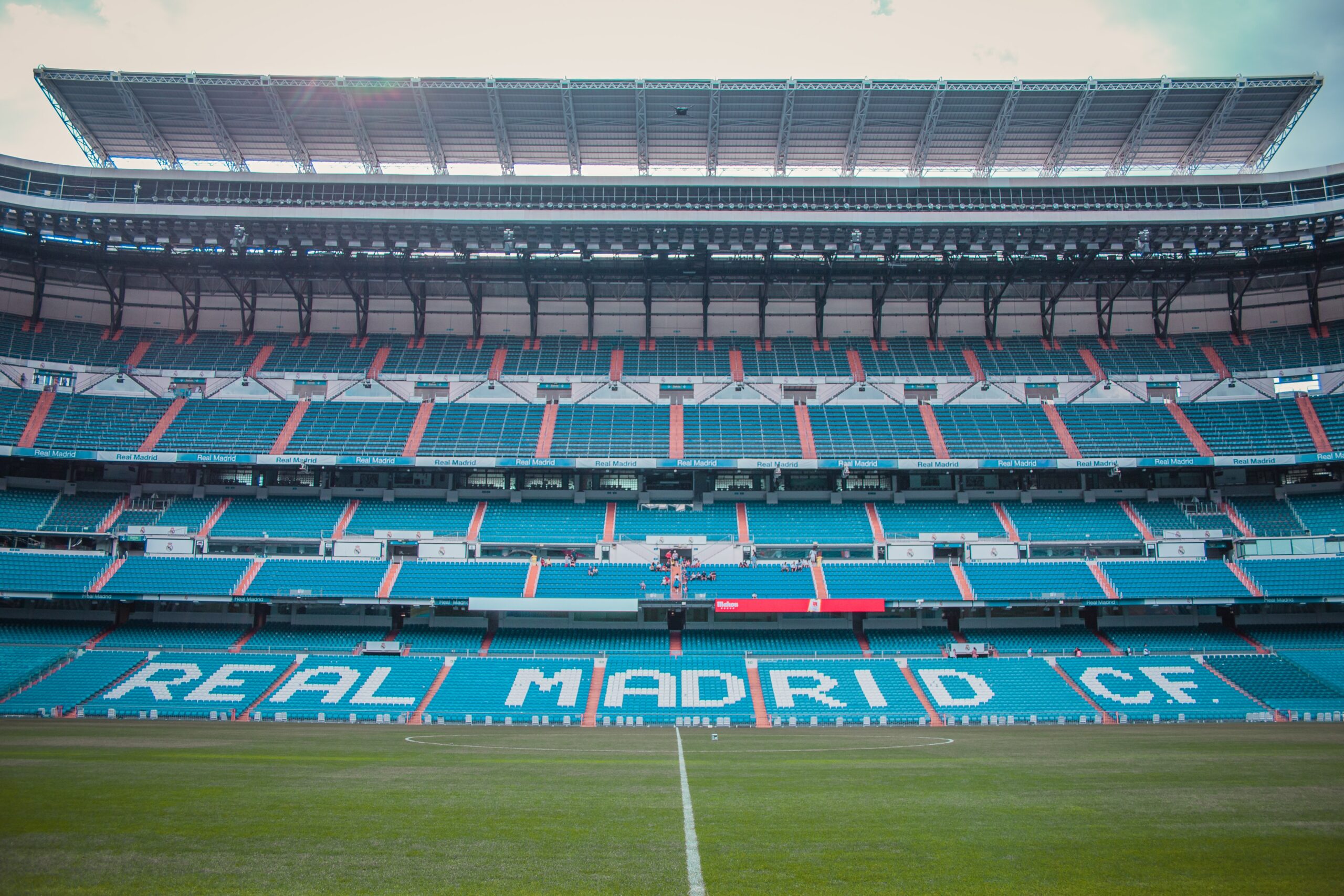22 April 2021
Football Fracas
History vs. economics.
By Frank O’Nomics

What were they thinking? It is a rare event for politicians, football supporters and royalty to all agree on a subject, but when it came to the European Super League of 12 football teams unanimity seems to have been universal. Nobody, beyond a small group of businessmen, thought it a good idea. When looking at similar attempts for other sports one could have predicted the project’s failure. However, while history might be reassuring to football fans, the compelling economic arguments that drove the ESL idea cannot be ignored and they may not go away.
Turning first to the lessons of history. First take a look at tennis. In the early 1970’s the entrepreneur set up World Team Tennis. WTT is perhaps not the best comparison for the ESL, given that the teams were all new when it was founded in 1973. Nevertheless, there was a furore and Jimmy Connors and Evonne Goolagong, two of the biggest names in tennis, were not allowed to compete in the French Open of 1974 due to their involvement in WTT (thereby preventing Connors winning a Grand Slam). Many of the WTT names did not last long due to financial issues. WTT does still exist, and they do manage to attract some top names to participate, but they have to take a break from their ATP and WTA tour schedules to do so. Despite attempts to adjust the rules of tennis (no requirement to win a game by 2 clear points) the issue of fitting a tennis match into a TV schedule still limits the scope to generate prime time revenue and the potential for any breakaway from the standard tour seems to be very limited.
Perhaps a closer parallel to the ESL was the setting up of World Series Cricket, by Kerry Packer, in the late 1970’s. This was an initially an attempt to secure the TV rights to show Australian cricket. When the TV rights were denied Packer set up his own series and signed agreements with many of the world’s top players, including the captains of England, the West Indies, Australia and the future captain of Pakistan, now Prime Minister, Imran Khan. WSC only managed two seasons, and perhaps is now best remembered for prompting the use of helmets by batsmen, but the truce with the Australian Cricket Board did allow Packer to secure his original objective, the rights to show Australian cricket.
Given that the weight of the establishment and public opinion is so stacked against anyone who tries to form a breakaway league in any sport, why did the 12 teams of the ESL try to do so for soccer? The answer lies, as ever, in the realms of finance. The current champions league features 32 teams who take varying shares of around £2bn in revenue (from the over £3bn of commercial revenue that UEFA generates). The creation of the ESL not only shrinks that 32 to just 12, it also takes away the risks of the loss of revenue from non-qualification (there is no relegation from the ESL) and in addition cuts out that middle-man, UEFA. What about the risks of upsetting the fans? Well consider this. Manchester United can generate an attendance at Old Trafford of around 76,000. Even if disgruntled locals decide to boycott the matches, they still have access to around 1.5 billion global fans, many of which will be prepared to stump up to watch the matches on a pay-per-view basis. 76,000 x £50 vs. umpteen million x £5-10 – the maths is not difficult. It is not hard to see which way the clubs are likely to swing given the option. The potential revenues from the ESL would have been a multiple of those that the clubs currently receive from the Champions League, and for a number of the clubs involved, particularly those in Spain and Italy, this is not just an incremental return – it is potentially a lifeline to survival. The current business model for high profile football teams is not sustainable – the cost of buying and paying players is rising at a rate in excess of revenues.
If the Holy Roman Empire was not holy, roman nor an empire, the same can be said of the so-called European Super League; a strange version of Europe that has representation from only 3 countries and, without the likes of PSG and Bayern Munich, hardly fitting the definition of “super”. Which ultimately wins out – history or economics? While WTT and WSC both failed in their original form, WTT was able to work out a basis for co-existence with the tour, and Kerry Packer was able to use his position to get what he wanted regarding TV rights. The ESL in its first iteration has failed, but don’t think that the issue has gone away, and don’t for a moment believe that any real regard is paid to the view of loyal fans. The economics of football means that some form of globalisation is likely to take place eventually.
Tile photo: Jonathan Francisca on Unsplash


